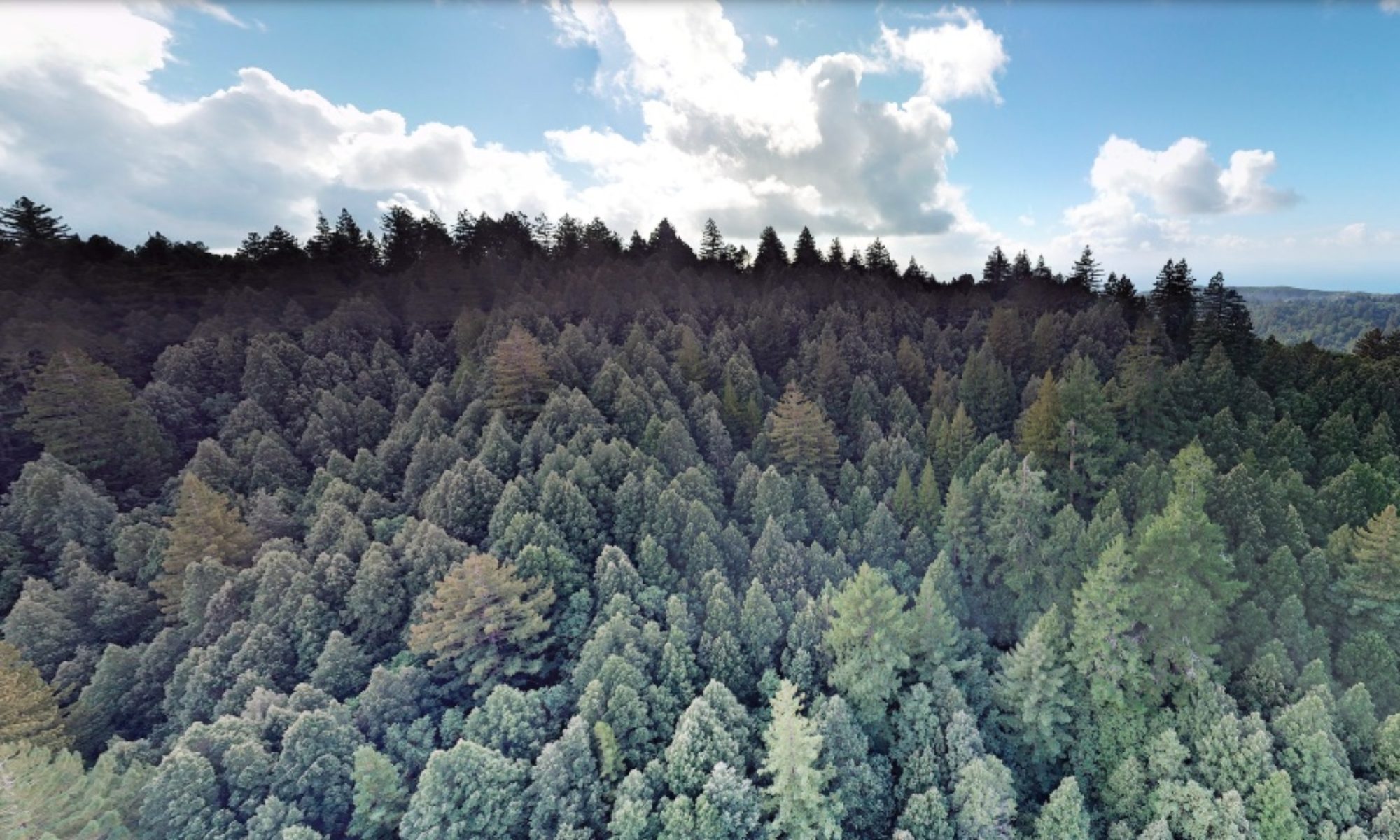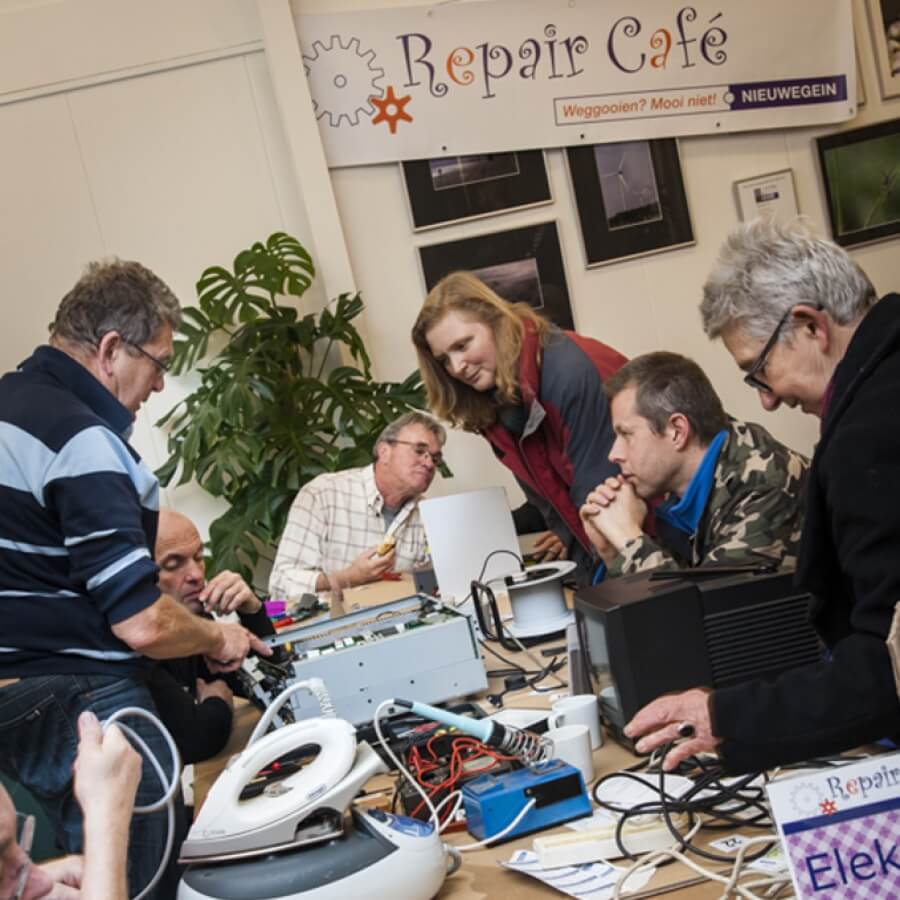While I grew up in the age in the supermarket, I still knew of the existence of the butchers, bakers, greengrocers and fishmongers. But speciality food shops, just like hardware shops and most independent shops of almost every kind, have been wiped out by the supermarkets and superstores. Such is the ubiquity and dominance of the supermarket, I very much doubt if most children born in the past 20 years would even know what a greengrocer was. And why would they? Most children have probably never bought food from anywhere other than a supermarket. The vast array of pre-packaged products displayed in rows and rows of aisles, displaced the over the counter style of shopping that was the norm for the first half of the twentieth century for a self-service model. Nowadays greengrocers are few and far between.
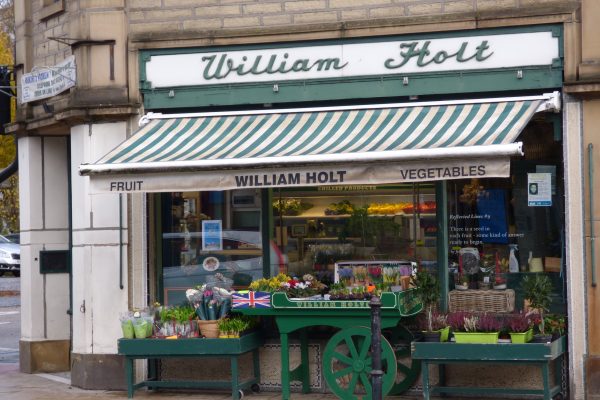
In the years before and immediately following the second world war, grocery shopping looked very different from its modern day counterpart. Britain’s high streets catered more to food shopping than to anything else (fashion chains offering “off the rack” clothing started to appear in the late 1950s). Grocery shopping generally involved multiple visits to different specialist food shops, and buying by weight from the people selling over the counter. A typical purchase might have comprised five ounces of butter, a leg of lamb, and a cabbage – all packaged in paper bags or grease-proof paper. This was the era before refrigeration and before the car took over the roads, when people shopped locally, frequently, and in small quantities.
Social contact
Even from having bought in fruit and veg markets, I get a sense of what shopping must have been like in the past. The small talk that often accompanies these simple interactions is an important part of what we need as a society with many suffering from loneliness and with an increasing number of hours spent online.
The switch to self service shopping (and increasingly self-checkouts) has been particularly tough on the elderly. Not long ago, while contemplating the refrigerated section in the supermarket, an elderly woman asked me for help with reading a label on a yogurt. She is one of many I have seen struggling their way around supermarkets squinting at small lettering on packets, part of a generation left with little choice but to adapt to the new style of self sufficient and silent shopping.
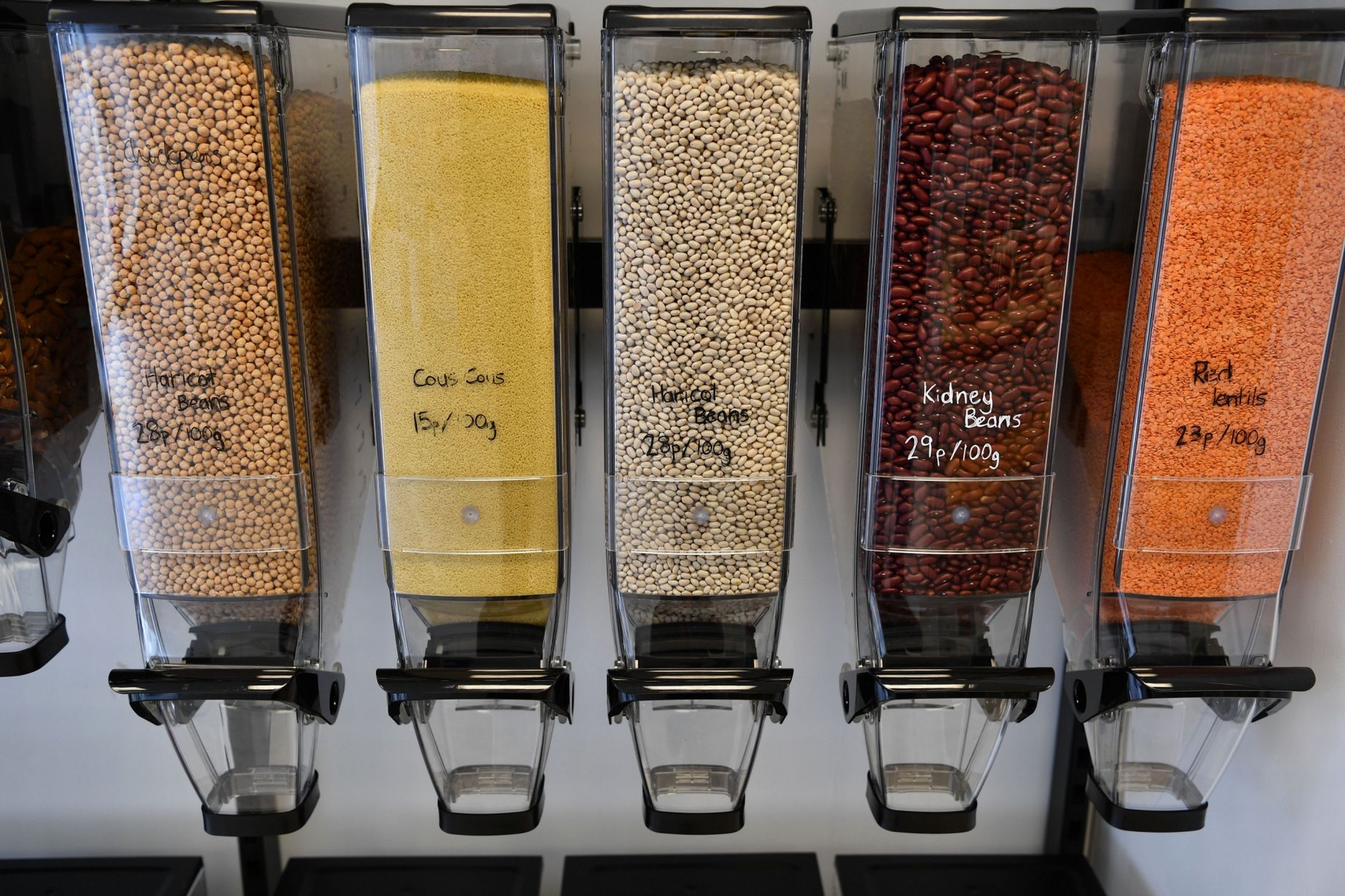
Zero waste shopping
It’s hard to see a path back to the way people shopping before. But with the growing awareness of our plastic planet, the damage done by food miles and commercial agricultural practices, an alternative has started to appear: zero waste shops. Shoppers can buy foods by weight, and use their own containers, or brown paper bags, to transport it home. At the moment most zero waste shops tend to be limited to dry foods, toiletries and cleaning product refills, but at least they offer one way to cut down on plastic. They are also run by local people, usually keen to engage in the community, and makes for a much more sociable experience.
The village shop is making a comeback
Another positive trend that is starting to emerge are community run village shops. According to The Plunkett Foundation new community shops are opening at a rate of around 13 per year. Rural communities have been particularly hard hit by the closure of one of the last remaining community hubs, so some communities have decided to either keep their shop alive, or open a new one. They are often funded via joint ownership schemes, and rely mostly on a rotation of local residents to voluntarily staff the shop. This is a fantastic way to make use of the older population’s free time, add something valuable to the local community – and from a climate perspective, cut down on trips in the car to out-of-town supermarkets.
Community run projects
Some other interesting community led projects that respond both to a return to greater sustainability and to a more community focused society, are also springing up. The repair café is one such example. Once a month, volunteers with know-how offer people the chance to take broken items to them for repair which probably otherwise would be consigned to the dustbin.
Community gardens and veg box schemes are another way in which communities are coming together to socialize and take steps to fight the ecological emergency.
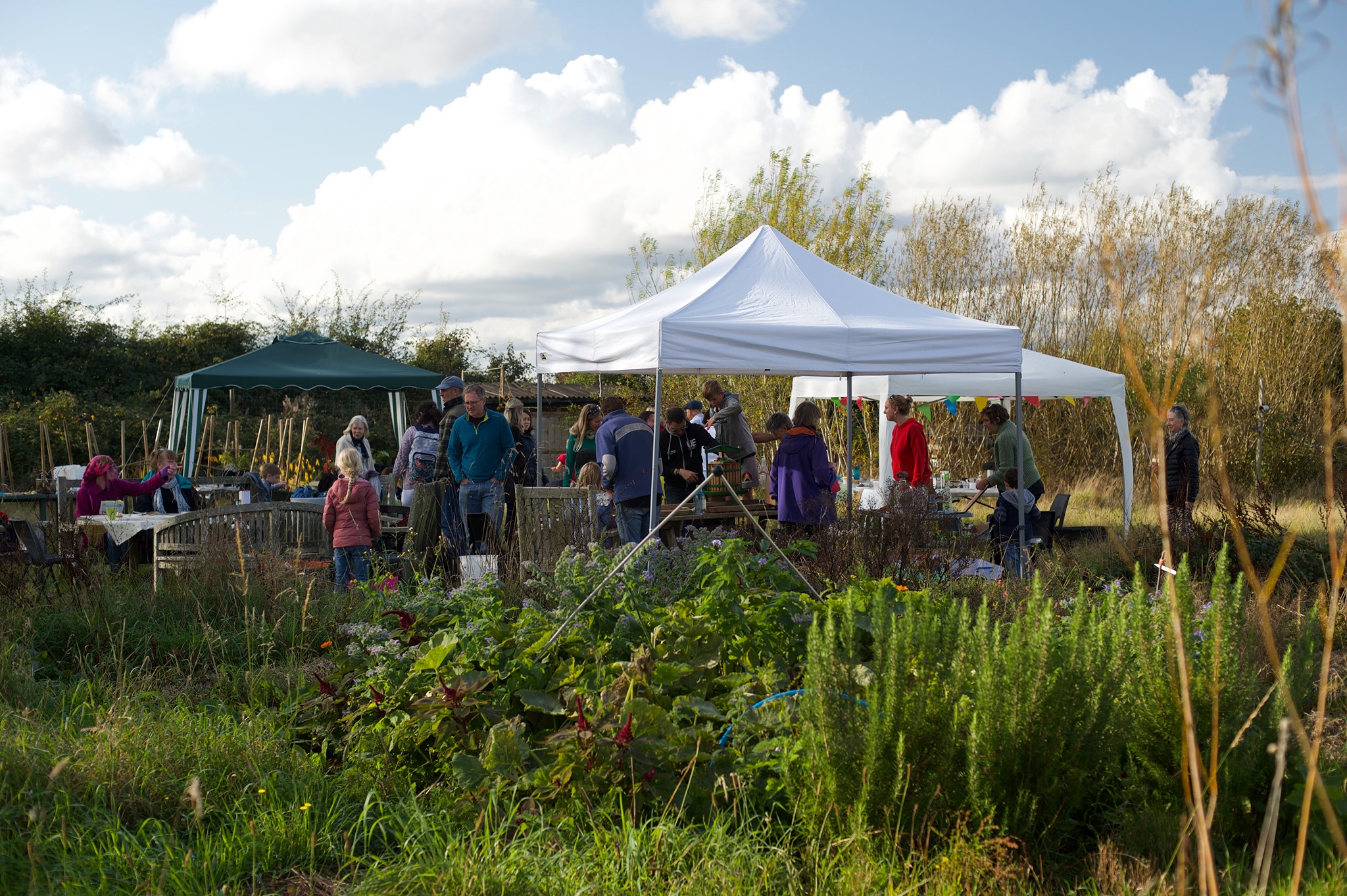
Over the past couple of years I have seen lots of articles questioning whether we can actually go green without sacrificing our lifestyle. But this idea is problematic because it assumes that what we have now is the epitome of good living, and that any change will be for the worse. But these community schemes, and local projects are proving that the exact opposite is true. Not only do these local initiatives have a positive impact on the environment (saving stuff from landfill, reducing food miles and packaging, growing veg chemical free, reducing transport emissions etc), but they also help us as a society and help rebuild some of lost social ties that the decades since the war have brought. Hopefully this is a trend that will continue.
Links of interest
Local food
https://www.farminguk.com/farm-shops-map
https://pebblemag.com/magazine/doing/plastic-free-shopping-13-of-the-uks-best-zero-waste-stores
Local flowers
https://www.flowersfromthefarm.co.uk/
https://www.organicblooms.co.uk/
Repair cafes
https://repaircafe.org/en/visit/
Village shops and community projects
https://www.plunkett.co.uk/community-shops/
22 of the best village shops in Britain, from the West Country to the Western Isles
